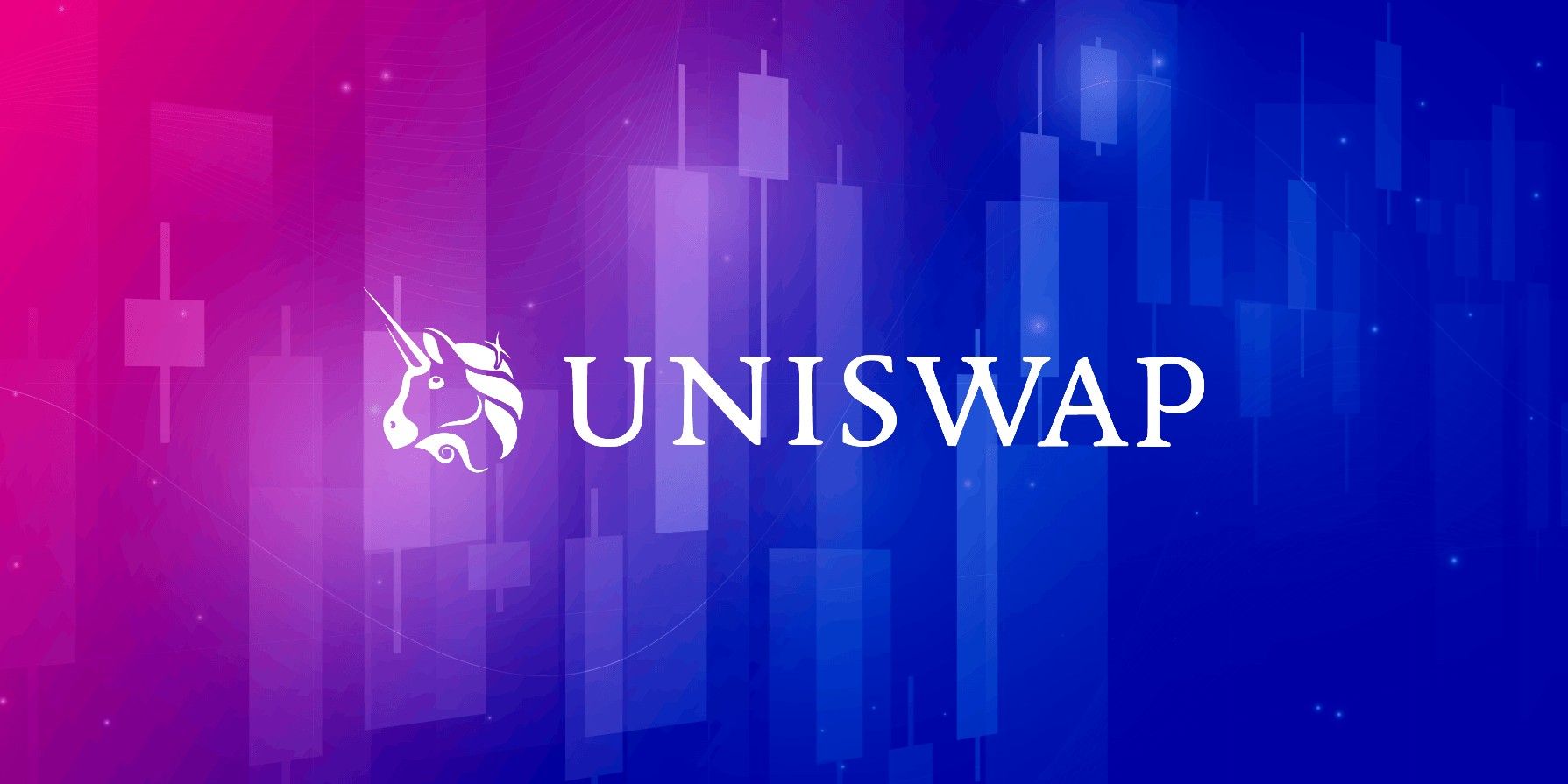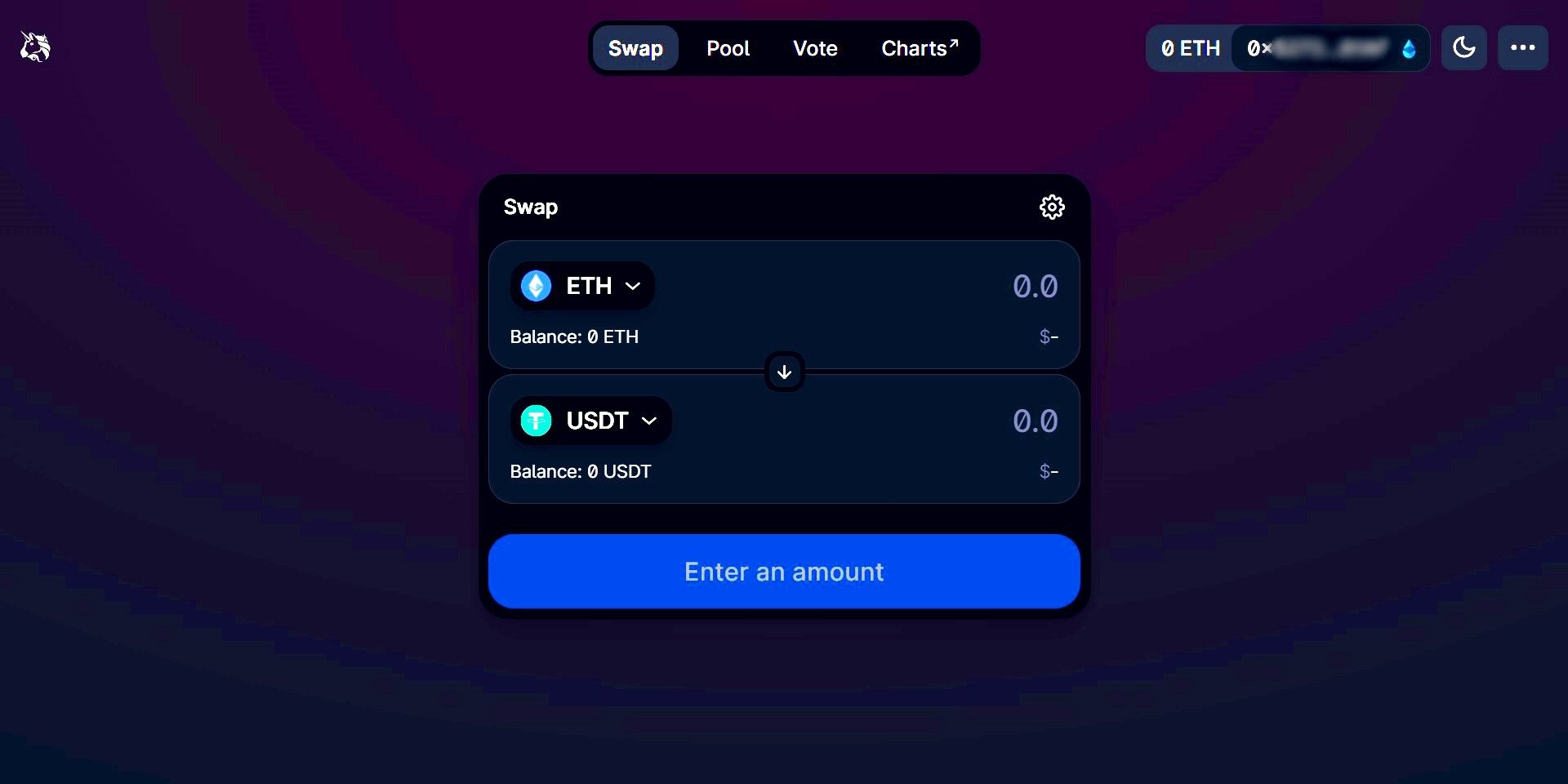
Anyoen who buys cryptocurrency is likely to be familiar with the process of setting up an exchange account and buying crypto with dollars, but many have never used a Decentralized Exchange, or “DEX“, to swap one cryptocurrency for another. While DEXes have many amazing benefits for the industry as a whole, they also present regulatory and consumer protection challenges, and are frequently used by scammers and hackers as tools that aid in crypto crime.
To buy cryptocurrencies with fiat currency (i.e. digital dollars), buyers usually open an account with a centralized exchange like Coinbase or Binance. All centralized exchanges require users to deposit their money/crypto to buy/sell anything, which can be devastating if the exchange is hacked. Exchange hacks were so common during blockchain’s early years that crypto veterans now distrust centralized exchanges and keep their crypto on hardware wallets, providing protection from hackers, until they’re ready to sell. This would be the reality for many crypto holders for several years, until the Uniswap protocol changed everything.
Uniswap was the first DEX (also called an “Automated Market Maker“, or AMM) to see mass-adoption by crypto users. A DEX is a crypto swapping app that uses blockchain smart contracts to swap tokens, which allows users to buy/sell crypto directly from their wallets. As Coinbase explains, DEXes allow users to list and sell cryptocurrencies without intermediaries, which has been a miracle for new crypto projects. DEXes are designed for the ERC-20 fungible token standard, which also makes them compatible with all stablecoins (cryptocurrencies stable to one dollar), but incompatible with NFTs. Today, thousands of cryptocurrencies are sold on DEXes, and crypto prospectors looking for a “1000x gem” must know how to use one. Despite the simplicity of their interfaces, DEXes are not easy for crypto newbies to use, as they exclusively handle cryptocurrencies, require the user to connect a wallet and pay their own gas fees, and the user must know for certain they are trading for the correct token.
DEXes Are Innovative, But Also Problematic
Ethereum-compatible DEXes use “liquidity pools” instead of conventional order books to facilitate trading. Order books are practically impossible to use on Ethereum and similar blockchains for several reasons, so liquidity pools were created to solve those problems. A liquidity pool is a smart contract where “liquidity providers” provide the tokens (“liquidity“) that other users trade with, and offers a share of the trading fees as an incentive to do so. As CoinTelegraph explains in detail, liquidity provision is extremely risky and should only be pursued by advanced users who can mitigate the risk. A huge advantage of DEXes is their ability to remain operational when centralized exchanges go offline during periods of high volatility, and because DEXes can be used by other smart contracts they can allow Web3 businesses to accept any token as a payment method.
However, DEXes do have disadvantages. Large trades can cause “slippage“, which significantly impacts a token’s price and reduces the final amount received, which makes limit order capabilities difficult to provide for users. DEXes cannot trade tokens across blockchains either, restricting them to tokens built on the same blockchain. DEXes are also a regulatory nightmare, as they are often used by hackers to swap out stolen stablecoins before running through a crypto mixer service like Tornado Cash. Scammers also use DEXes to list their crypto scam-coins, and have the ability to empty their liquidity pool once enough victims have traded legitimate coins for the scam-coin, sending the price to zero.
DEXes are a critical piece of infrastructure in Decentralized Finance, allowing users and smart contracts alike to swap any two (same-chain) cryptocurrencies in one transaction. They are so important that every smart contracts blockchain has at least one, such as PancakeSwap on Binance Chain, Quickswap on Polygon, or Raydium on Solana. While problematic at times, DEXes are a powerful innovation of blockchain that may shape the future financial system, and will be an invaluable component of the Web3 internet era powered by blockchain, though it is unknown how regulators will address their issues.
Sources: Uniswap, Coinbase, CoinTelegraph
This news is republished from another source. You can check the original article here


Be the first to comment